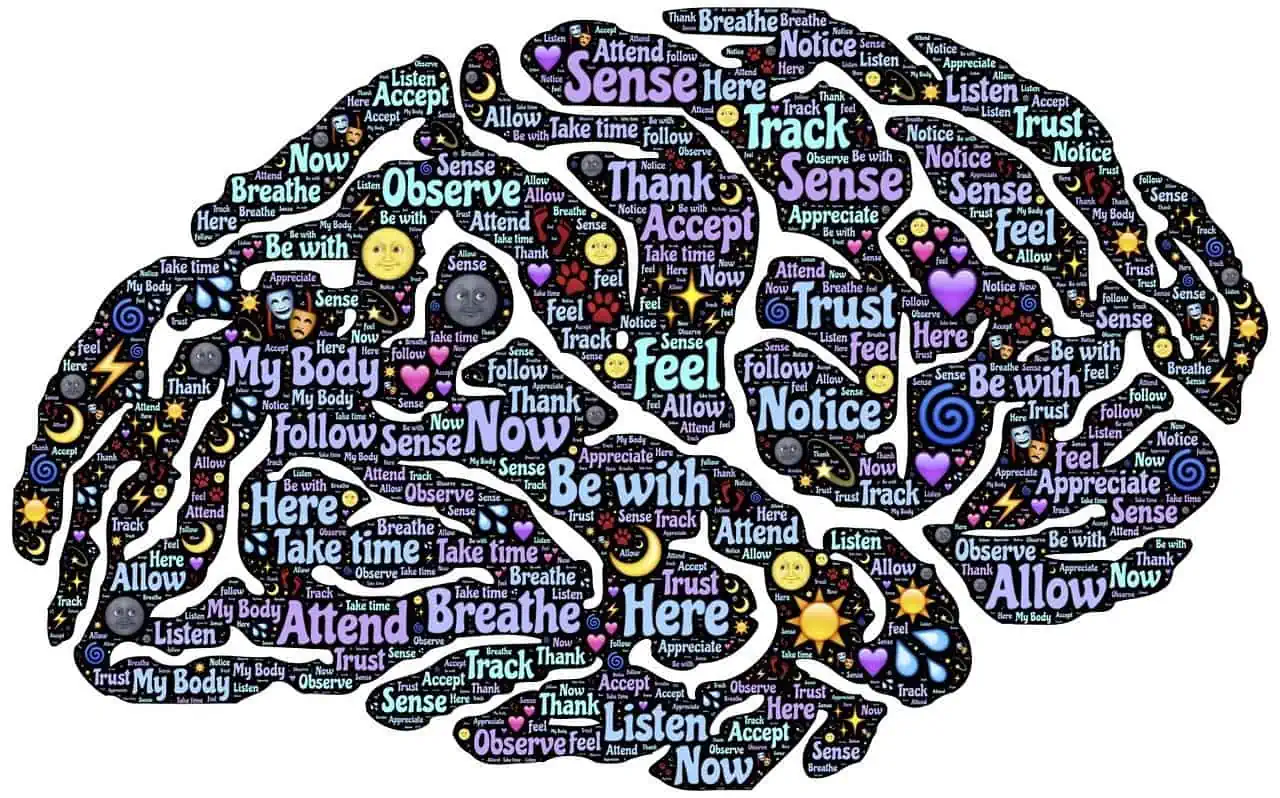These days, getting a good night’s sleep seems like an impossible task. There are many factors that interrupt sleep, from stress at work to illness to personal responsibilities. You may lie awake in bed, tossing and turning. Or you may fall asleep quickly but awaken a few hours later and be unable to fall back to sleep. Thankfully, the ability to achieve a full night’s sleep is possible with simple, easy to apply bedtime habits.
You don’t need to rely on sleeping pills, and you don’t need to suffer from lethargy day after day. Instead, use the tips below to aid in falling — and staying — asleep.
Make a Bedtime Routine
Having a bedtime routine is a major piece in the sleep puzzle. You need between seven and eight hours of rest each night. Plan your bedtime based on the time that you need to get up the next day. Go to bed and wake up at the same time every day. This includes weekends, holidays, days off, and special occasions. This consistency will help your body recognize when it’s time to sleep, reinforcing your sleep-wake cycle.
You may initially have trouble falling asleep. Be patient with yourself as you train your body. If you don’t fall asleep within 20 minutes of going to bed, then get up. Leave your bedroom and go read a book, meditate, or draw. When you start to feel sleepy, go back to bed. Repeat if necessary; however, be sure that you keep your wake-up time.
You should also have a bedtime routine leading up to your scheduled sleep time. Do something that relaxes you, whether it’s putting together a puzzle, crocheting, or taking a shower.
This helps reduce stress, making it easier to fall asleep. Now is the time to take deep sleep gummies or something similar to help ease you into dreamland and ensure you have a good night’s sleep.
What to Avoid
Many people inadvertently sabotage their nighttime rest by engaging in activities that keep them awake. For instance, if you watch TV up until bedtime or scroll through Facebook on your phone, you’ll have trouble sleeping.
Why? The blue light from electronics like phones, tablets, computers, and televisions keeps you awake. This is a hard one for a lot of people, as 89% of adults have an electronic device in their bedroom. But it’s important to limit screen time leading up to bedtime. Shut off all electronics an hour before you go to bed.
You know you shouldn’t consume caffeine near bedtime, but you still drink that, Coke. Stimulants like caffeine and nicotine interfere with your body’s natural ability to fall and stay asleep. The effects of these stimulants take hours to dissipate.
Don’t drink caffeinated beverages in the evening. Instead, choose herbal tea, milk, or ice water. Alcohol is another no-no when it comes to sleep. Sure, a couple glasses of wine will make you feel sleepy, but alcohol will interfere with your sleep later in the night.
Don’t consume a large or heavy meal, like pasta or fast food, within a few hours of bedtime. Trying to sleep while feeling overly full will disrupt your sleep. Plus, you’re liable to experience issues like indigestion or heartburn. However, don’t go to bed hungry either. You also want to avoid daytime naps.
If you must sleep, do it earlier in the day and limit it to one hour. Another sleep disruptor is anxiety. Take time to address worries before bed. Prepare for your upcoming day by making a to do list, laying out your outfit, and using meditation techniques.
What to Include
While there are a lot of actions you need to avoid getting a good night’s sleep, there are also factors you should include. For instance, a pleasant sleeping environment is essential to long, deep sleep. Your bedroom should be kept cool, which allows your body to regulate its temperature more effectively. Invest in a quality pillow and bedding so you feel more comfortable.
Since light sources will keep you awake, your room should be dark. Use blackout drapes to ensure outside lights do not shine into your room. And it goes without saying that your bedroom should be quiet. If outside noises are interfering with your rest, use earplugs or white noise from a fan or app to help block out arbitrary sounds.
Your bed should primarily be used for rest. Do not watch TV, eat, or work while in bed. You want to create an association between your bed and sleep.
Prepare yourself for a good night’s sleep by maintaining healthy habits, like eating well and exercising. Although do not work out close to bedtime, or you will feel energized rather than sleepy. Spending time outside each day will also help you sleep peacefully at night.
Effective Bedtime Habits
Once you get your bedtime habits under control, you will have restful sleep and wake up feeling refreshed. You’ll experience less fatigue during the day, improving your concentration levels. It’s normal for you to have an occasional night of restlessness.
However, if you regularly have trouble sleeping or feel tired during the day, then you may have an underlying issue. Contact your healthcare provider to be tested for sleep disorders like sleep apnea, narcolepsy, or idiopathic hypersomnia.
You deserve a deep sleep, and a day filled with energy. And it’s within reach. If you change your bedtime habits, you can improve your sleep. So, make some adjustments to your day, evening, and night. You’ll be sure to have sweet dreams!







